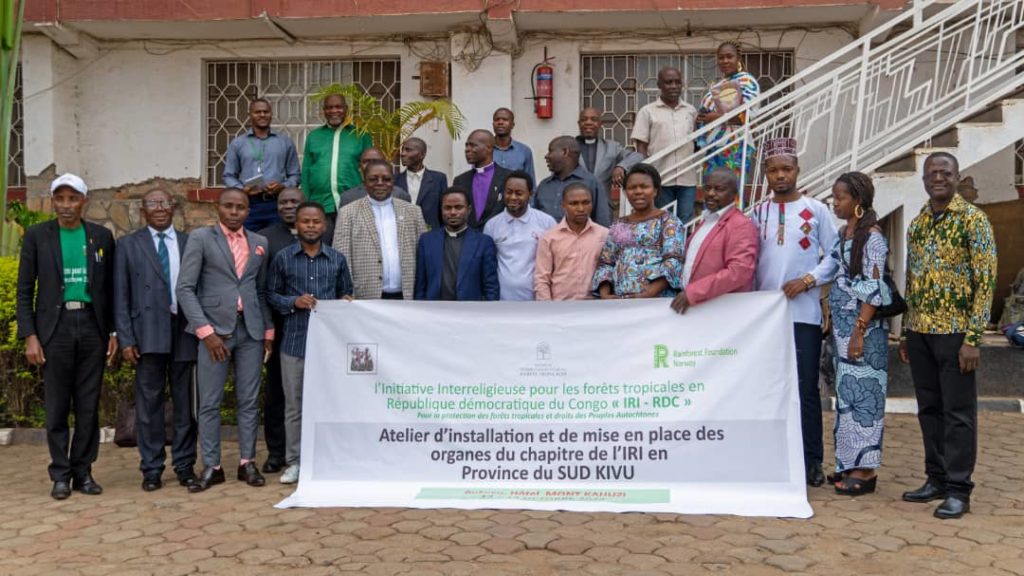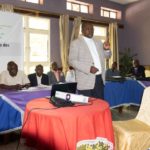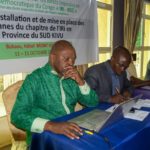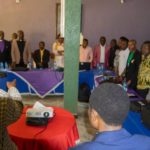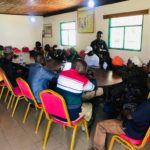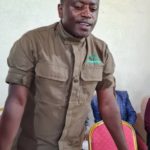From 17 to 20 October 2022, IRI DRC organized a launch event in South-Kivu, rallying religious leaders to commit to ending tropical deforestation and protecting indigenous peoples rights in the province. The launch included a training of 25 representatives, including 15 from religious denominations (Protestant, Catholic, Baha’i, Muslim, Kimbanguist and Church of the Revival), 7 members of civil society, two university professors and one member of the provincial environmental coordination body.
The launch was accompanied by a training event that outlined the objectives and theory of change of IRI. It also included dedicated sessions on the theology of creation, the moral urgency of the fight against deforestation and climate change, as well as defending the rights of indigenous pygmy peoples. ECC and CENCO were designated as the co-chairs of the Provincial Advisory Council of IRI South Kivu. The Islamic community is providing the secretariat and the technical team is supervised by the Greenfaith representative.
After the official launching of the local chapter, meetings were held with religious and political-administrative authorities, notably the Provincial President of the ECC in South Kivu – who supported further interfaith collaboration in the framework of the ECC and CENCO (Caritas Congo) project for forest restoration – and the Advisor to the Governor of South Kivu Province in charge of the environment to secure a commitment of collaboration with the Provincial Government.
After the first constitutive meeting of the IRI-DRC Provincial Advisory Council in South Kivu, its members carried out an advocacy mission with the Congolese Institute for Nature Conservation (ICCN). This, with and on behalf of the indigenous Pygmy peoples who had been displaced from the Kahuzi Biega National Park (KBNP). It was agreed that IRI-DRC would be involved in advocacy with indigenous Pygmy peoples’ organizations to secure their land tenure on their territories occupied by the KBNP and where they are settled outside the KBNP.

